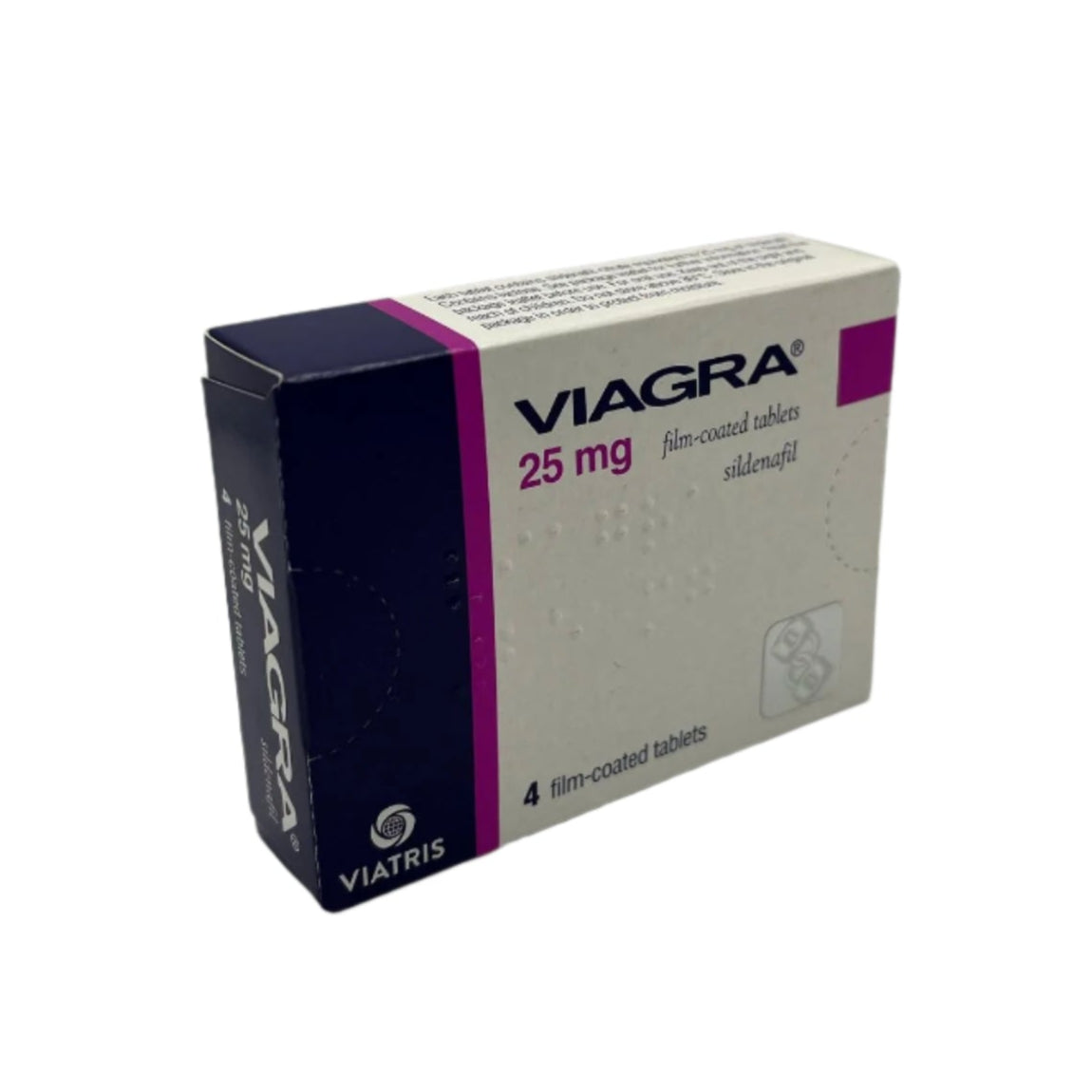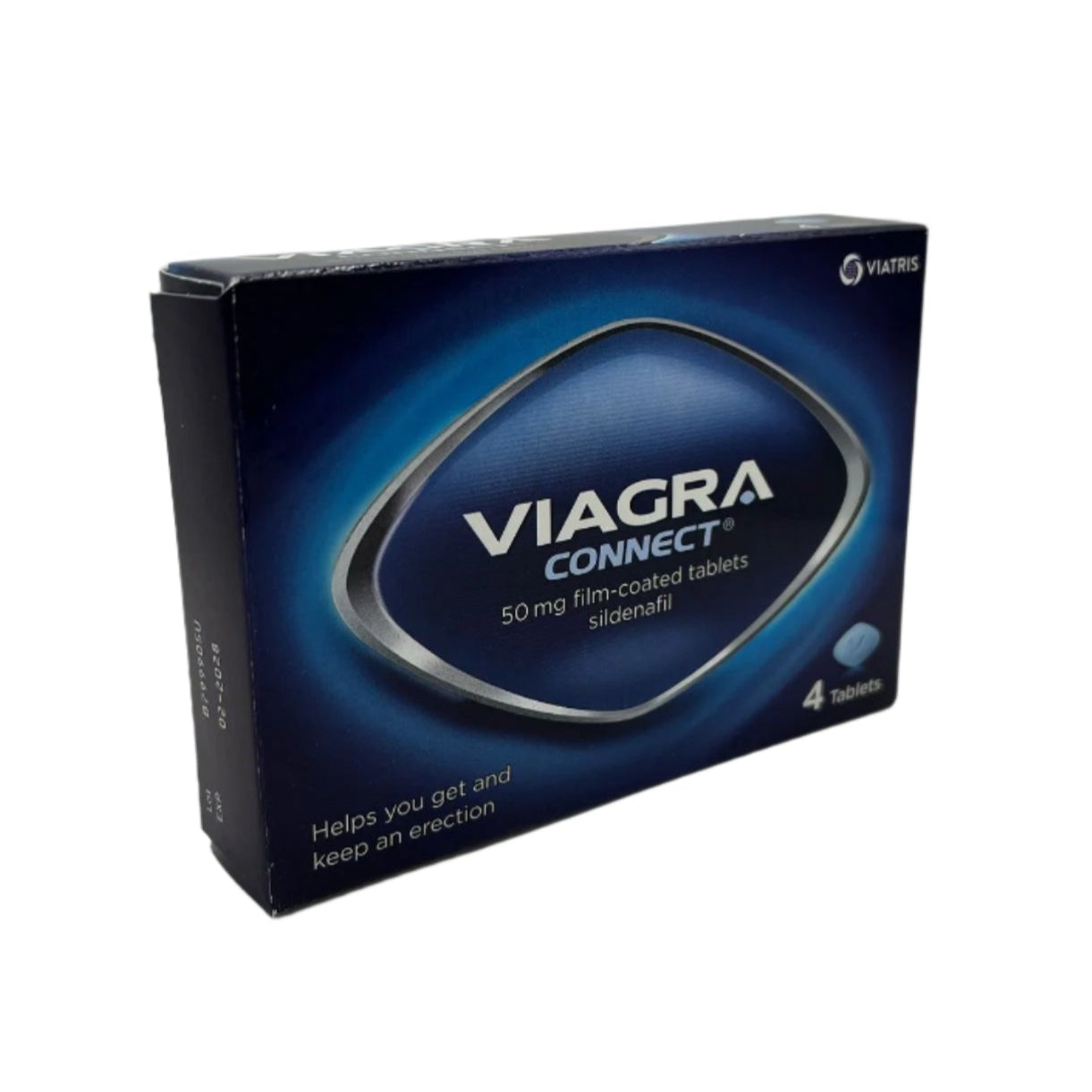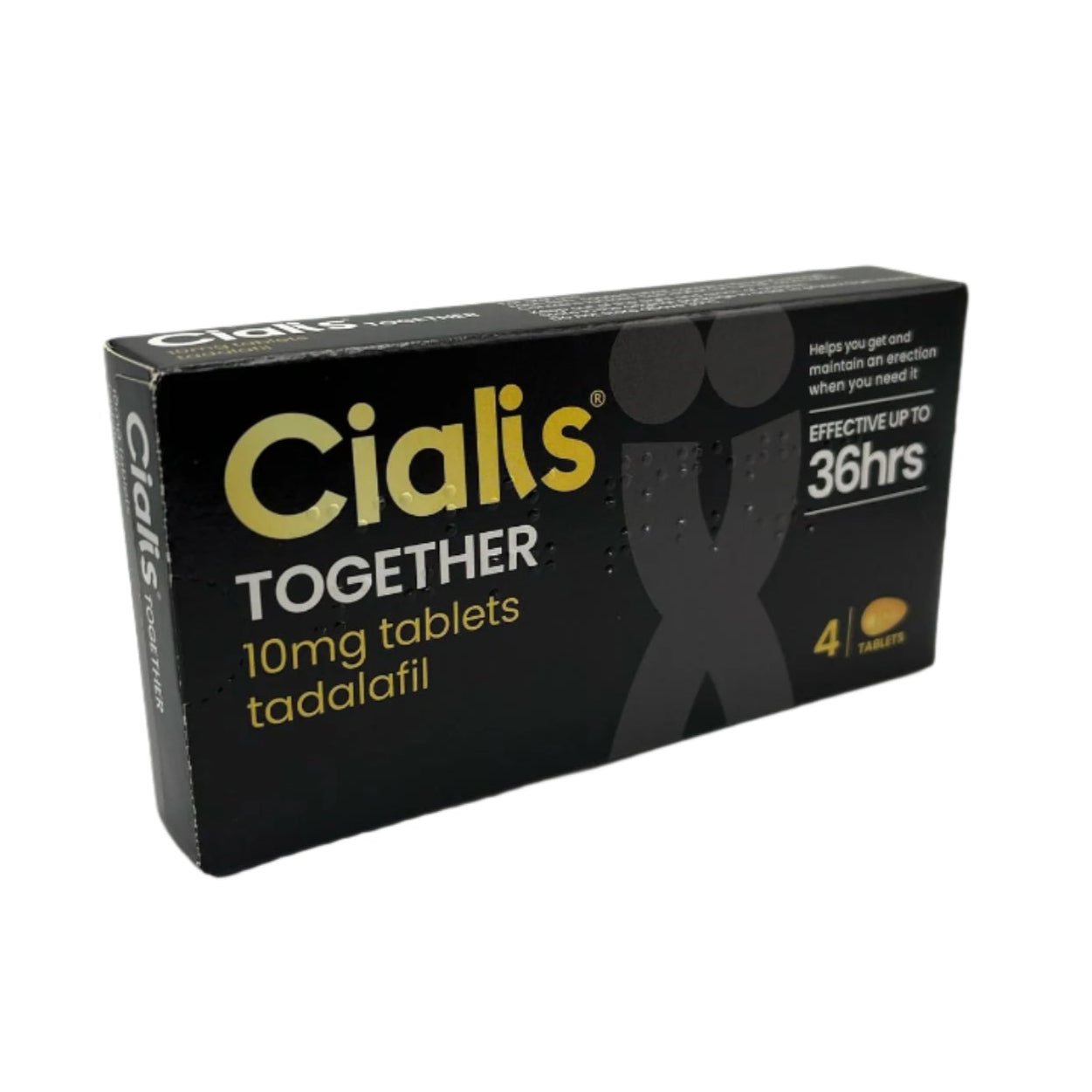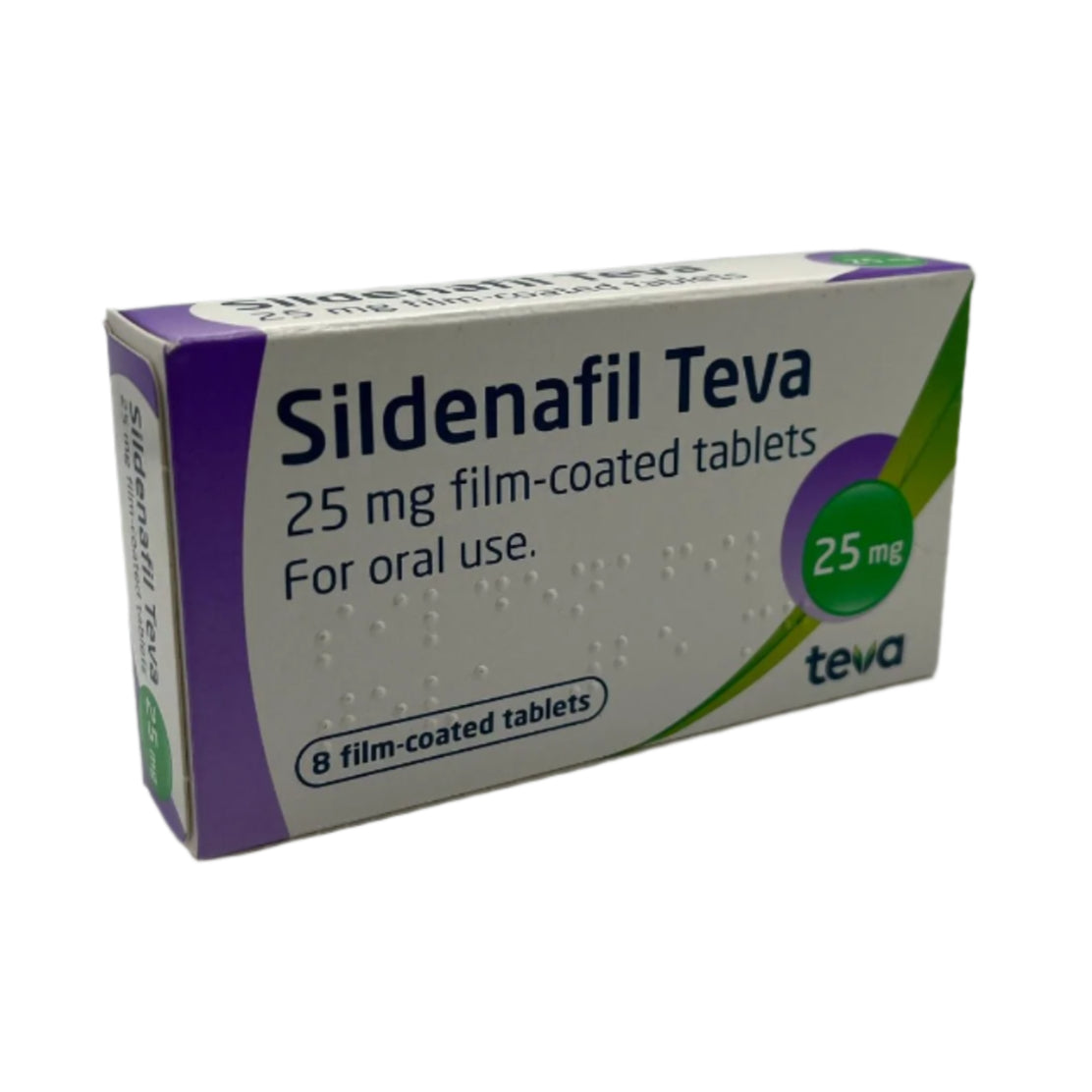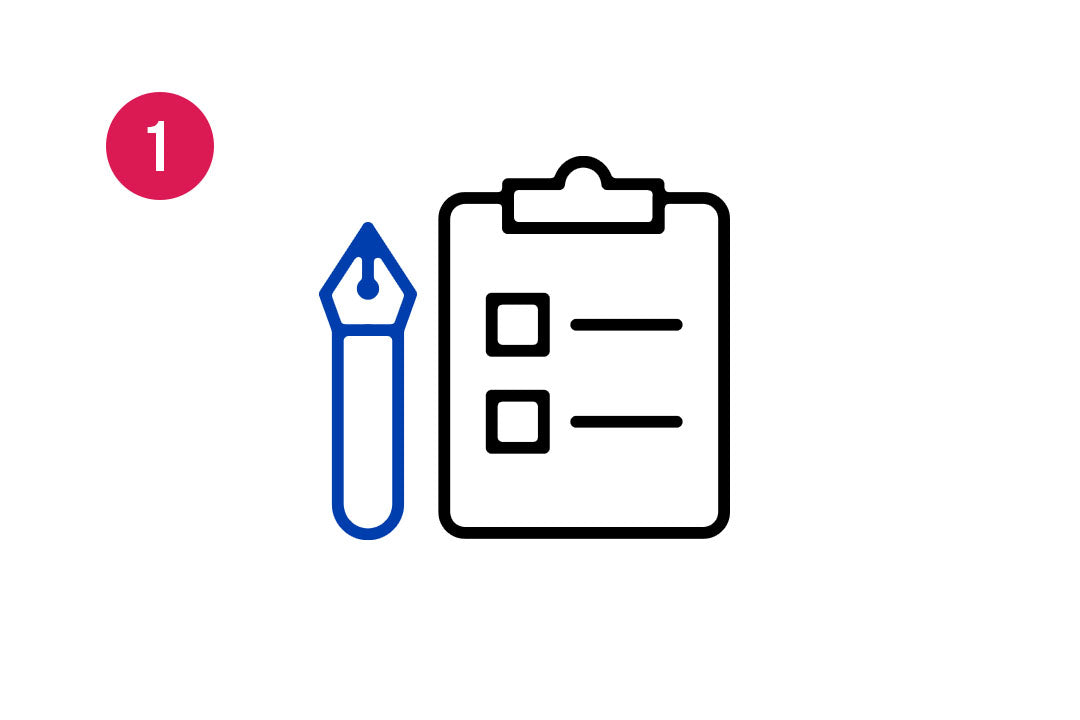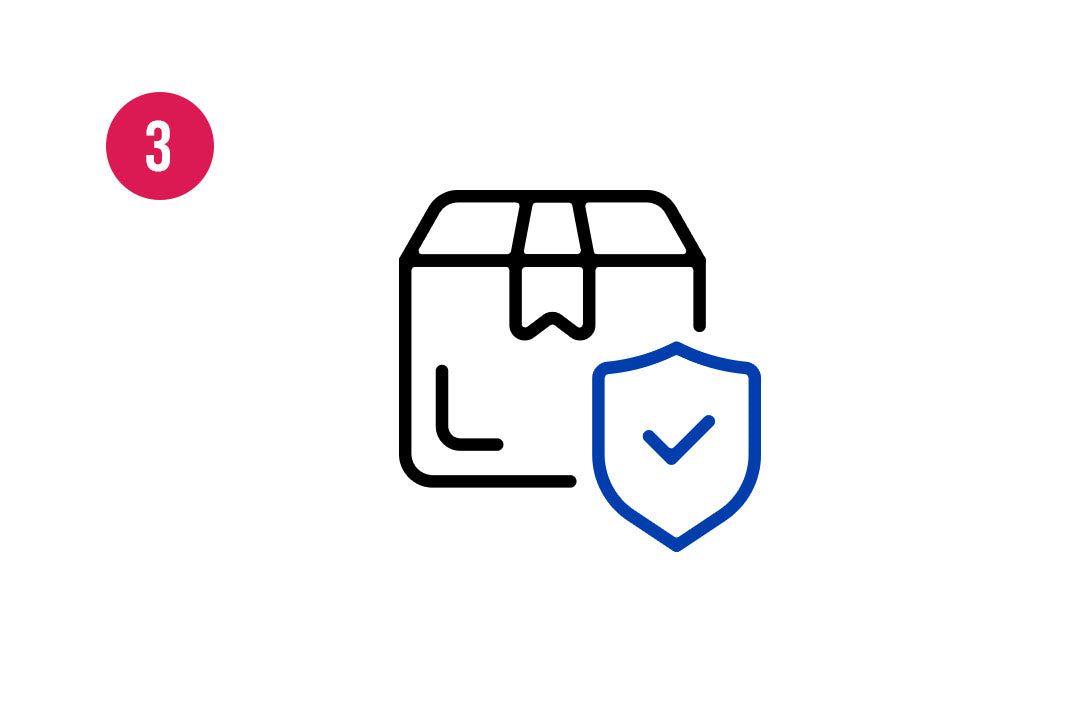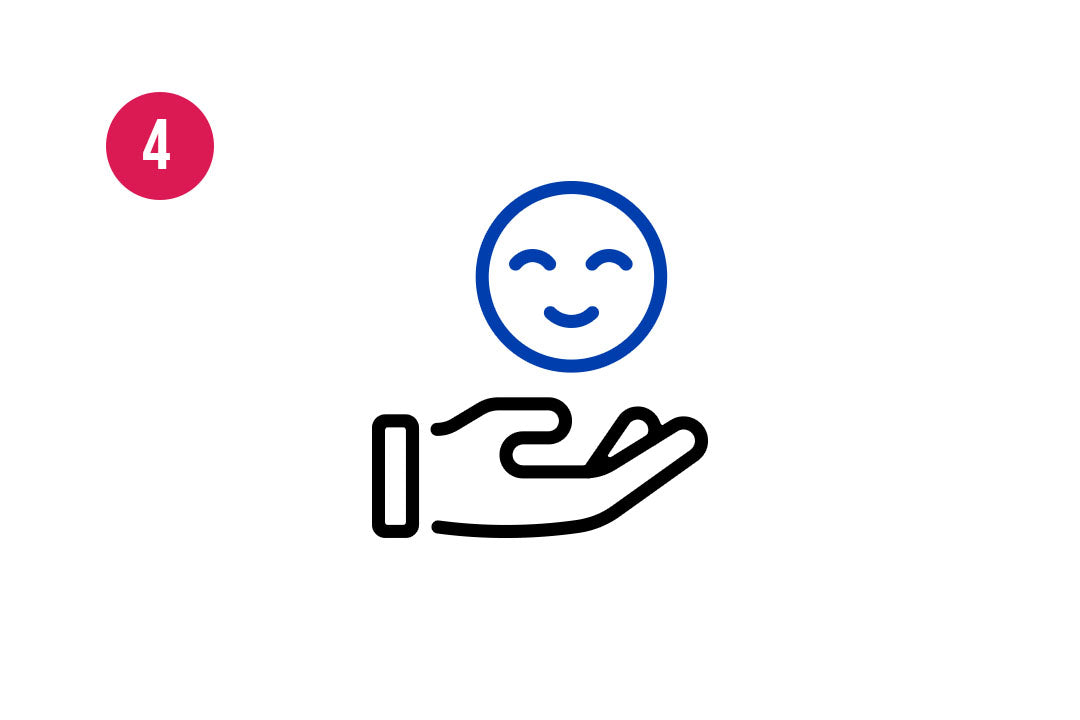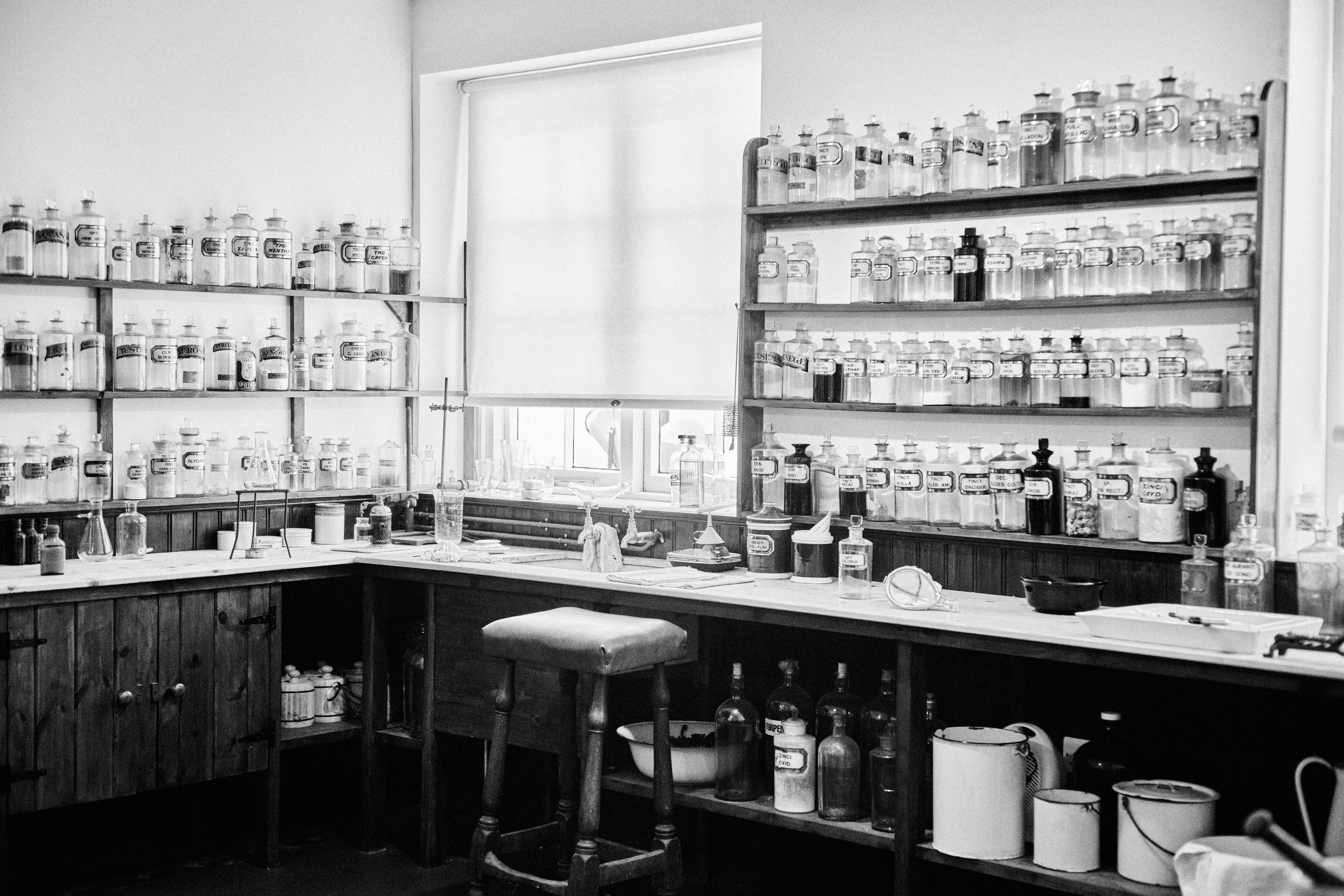Our Erectile Dysfunction Treatments
Viagra
Viagra Connect
Cialis Together
Sildenafil
Our Offering
At Happy Pharmacy, we make it simple, safe, and discreet to access clinically proven erectile dysfunction treatments online.
Whether you're looking for a fast-acting solution or longer-lasting results, our selection of Viagra, Sildenafil, Cialis, and Viagra Connect is designed to suit your lifestyle and needs — without the hassle of GP visits or pharmacy queues.
Included in Your Treatment Plan:
- ✅ Online Consultation – No appointment needed. Our UK-registered clinicians review your answers in minutes.
- ✅ Genuine Medication – All treatments are licensed, MHRA-approved, and sourced from UK pharmacies.
- ✅ Discrete Delivery – Orders are shipped in plain packaging, with no reference to ED or medication.
- ✅ Ongoing Support – We're here if you need advice, dosage changes, or follow-up care.
Available Treatments
💙 Viagra (Sildenafil 50mg/100mg)
The original ED medication. Works in 30–60 minutes and lasts around 4–6 hours. Trusted by millions worldwide.
💊 Sildenafil (Generic Viagra)
The same active ingredient as Viagra, at a lower cost. Fast-acting and highly effective.
🟡 Cialis (Tadalafil)
Known as the “weekend pill,” Cialis lasts up to 36 hours and offers more flexibility in timing.
🟢 Viagra Connect
Available without a prescription following an online consultation. Ideal for first-time users looking for convenience.
💊Comparing Treatment Options
| 🔍 Feature | 💙 Viagra | 💊 Sildenafil | 🟡 Cialis (As Needed) | 🕒 Cialis Daily | 🛒 Viagra Connect |
|---|---|---|---|---|---|
| 🧪 Active Ingredient | Sildenafil Citrate | Sildenafil Citrate | Tadalafil | Tadalafil | Sildenafil Citrate |
| 📜 Prescription Required | ✅ Yes | ✅ Yes | ✅ Yes | ✅ Yes | ❌ No (with screening) |
| ⏱ Onset Time | 30–60 minutes | 30–60 minutes | 30–60 minutes | Daily use | 30–60 minutes |
| ⏳ Duration | 4–6 hours | 4–6 hours | Up to 36 hours | Continuous | 4–6 hours |
| 🎯 Best For | Trusted brand | Budget-friendly | Spontaneity | Regular activity | Easy access |
| 📈 Effectiveness | ~70–80% | ~70–80% | ~80–85% | ~85% | ~70% |
| 🏷️ Brand | Pfizer | Generic | Lilly | Lilly | Pfizer |
| 📦 Discreet Packaging | ✅ Yes | ✅ Yes | ✅ Yes | ✅ Yes | ✅ Yes |
Working With You

What is Erectile Dysfunction (ED)?
Erectile dysfunction, commonly referred to as ED or impotence, is the persistent inability to achieve or maintain an erection sufficient for satisfactory sexual performance.
While occasional difficulties in achieving an erection are normal, recurrent issues may indicate ED. This condition is highly prevalent, particularly in men aged 40–70, with nearly half of all men in this age group experiencing it to some degree.
How Erections Work
Understanding the physiological process of an erection highlights how ED can develop. When a man is sexually aroused, the brain sends signals to nerves in the penis, which increases blood flow, causing the penile tissue to expand and harden. Anything that interferes with this process—whether it be blood flow, nerve function, or libido—can result in ED.

When to Seek Medical Advice
Erectile dysfunction is often a manageable condition. However, it can sometimes be an early warning sign of underlying health issues, such as cardiovascular disease, high cholesterol, or diabetes. If ED persists for more than a few weeks, it is important to consult a general practitioner (GP). They will evaluate your overall health, lifestyle factors, and medical history to determine the cause and recommend appropriate treatment.
For those who may feel embarrassed discussing ED, remember that it is a common issue. Most healthcare professionals handle such
consultations with sensitivity and professionalism. Alternatively, visiting a genitourinary medicine (GUM) clinic offers a more discreet option.
FAQs
Causes of Erectile Dysfunction
The causes of ED can be broadly classified into physical, psychological, and medication-induced factors.
Physical Causes:
Vasculogenic: Issues related to blood flow, such as high blood pressure, diabetes, or atherosclerosis (narrowing of arteries). These are the most common causes of ED.
Neurological: Conditions like multiple sclerosis, Parkinson’s disease, or spinal injuries that affect nerve signals to the penis.
Hormonal: Imbalances in testosterone or thyroid hormones, and conditions like
hypogonadism or Cushing’s syndrome.
Structural or Anatomical Issues: Conditions such as Peyronie’s disease, which affects the tissue of the penis.
Psychological Causes:Stress, anxiety, and depression can interfere with sexual performance. Relationship problems or lack of sexual knowledge may also contribute.
Medications: Certain medications, including diuretics, antihypertensives, antidepressants, and antipsychotics, may have ED as a side effect.
Lifestyle Factors: Smoking, excessive alcohol consumption, drug use, and a sedentary lifestyle are significant contributors.
Diagnosis of Erectile Dysfunction
Diagnosing ED involves a detailed medical evaluation, which may include:
Medical History: Questions about symptoms, sexual history, and overall health.
Physical Examination: Checking for anatomical abnormalities or signs of hormonal imbalance.
Cardiovascular Health: Blood pressure, heart rate, and blood tests to check glucose and cholesterol levels.
Hormonal Testing: Evaluating testosterone levels if hormonal issues are suspected.
Your GP may also inquire about lifestyle factors, including alcohol use, smoking, and physical activity, which could influence ED.
Treatment Options: Treatment for ED aims to address the underlying cause while improving erectile function. A tailored approach may involve a combination of lifestyle changes, medical interventions, and psychological support.
Lifestyle Modifications: Weight Management: Obesity is a risk factor for ED, as it contributes to cardiovascular disease and hormonal imbalances.
Quit Smoking: Smoking impairs blood circulation and can worsen ED.
Limit Alcohol and Avoid Drugs: Excessive alcohol and recreational drug use can damage blood vessels and nerves.
Exercise Regularly: Physical activity improves cardiovascular health and enhances blood flow.
Stress Reduction: Techniques such as mindfulness, yoga, or counseling can alleviate psychological stressors.
Medications: PDE-5 Inhibitors: Medications such as sildenafil (Viagra) and tadalafil (Cialis) are highly effective in most cases. These work by increasing blood flow to the penis, but sexual stimulation is required for them to take effect.
Hormone Therapy: In cases of hormonal imbalances, testosterone replacement therapy may be recommended.
Mechanical Aids: Vacuum Devices: These pumps create a vacuum around the penis, encouraging blood flow and enabling an erection.
Penile Implants: In severe cases, surgically implanted devices can provide a permanent solution.
Psychological Support: CognitiveBehavioral Therapy (CBT): Addresses anxiety, depression, or other psychological barriers to sexual performance.
Sex Therapy: Focused on improving communication and intimacy between partners.
Surgical Interventions: Reserved for cases where other treatments have failed, surgeries can address anatomical issues or vascular blockages.
Potential Side Effects and Warnings for Medications
While PDE-5 inhibitors are generally safe, they may cause side effects such as headaches, flushing, nasal congestion, or back pain. They should be used with caution in men with cardiovascular conditions or those taking nitrate medications.


